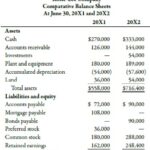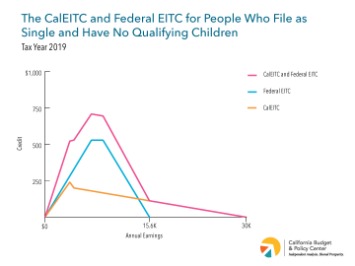Content

Remember that tracking your legal documents is different than tracking financial records. You must know where you store your documents so you can easily pull them whenever you need them. Debit the loan account to decrease the liability in your books and credit the cash account for the payments. A transaction is an event that occurs in a business that changes the balance of at least two accounts. The reason that transactions must affect at least two accounts is because accounting professionals use a system of accounting called double-entry accounting. Double-entry accounting states that for every one transaction that occurs in a business, at least two accounts will be affected.
These expenses include advertising and marketing costs, bank fees and commissions, software and utilities, office supplies, printing, postage and delivery and mileage. How frequently you post to the ledger will be determined by the amount of business you generate on a regular basis. Large clothing retailers and restaurants have a huge volume of sales and expenses on a daily basis and these transactions need to be recorded meticulously and then posted at the end of the day. On the other hand, if you have a lower volume business, you can probably post on a weekly or even monthly basis. To prepare the system for the next accounting, temporary accounts that are measure periodically, including the income, expense and withdrawal accounts, are closed. The balance sheet accounts also called the permanent accounts, remain open for the next accounting cycle.
How to Record an Accounting Transaction
This liability increases Accounts Payable; thus, Accounts Payable increases on the credit side. Expenses increase on the debit side; thus, Salaries Expense will increase on the debit side. Cash was used to pay the dividends, which means cash is decreasing. Cash How Should I Record My Business Transactions? was used to pay the utility bill, which means cash is decreasing. On January 30, 2019, purchases supplies on account for $500, payment due within three months. On January 5, 2019, purchases equipment on account for $3,500, payment due within the month.

Technically, the growth and future of a business are based on the transactions that make up that growth. Gather the source documents, including cheque records, deposit records, bank statements, https://quick-bookkeeping.net/ bills from vendors, receipts for purchases, and invoices issued to customers. Entries in your sales and cash receipts journal come from the source documents you use in your business every day.
Transactions
You might find that online software works best for you—you and your bookkeeper can both see the information and discuss it. Just be sure you get everything recorded each month so you can review it. “Capture” is the most difficult step and it’s the most important part of the process. Keep track of every amount you spend on your business and every amount you take in as sales. Take care to keep personal and business expenditures separate even if you always pay your business back when you pay personal expenses out of that account.
Besides keeping you cognizant about your business’ past and present performance, small business accounting also helps in generating invoices and completing payroll. Manual recordkeeping is more time-consuming, prone to errors, and less efficient than digital recordkeeping. Calculation of Dues– All the outstanding liabilities and dues at a given time can be calculated based on the accurate financial statements prepared. Tax Preparation – When preparing to file federal, state, and local tax forms, maintaining income and expense records is crucial, as business expenses can lower a tax bill. Do you have questions about a business transaction and want to speak to an expert?
